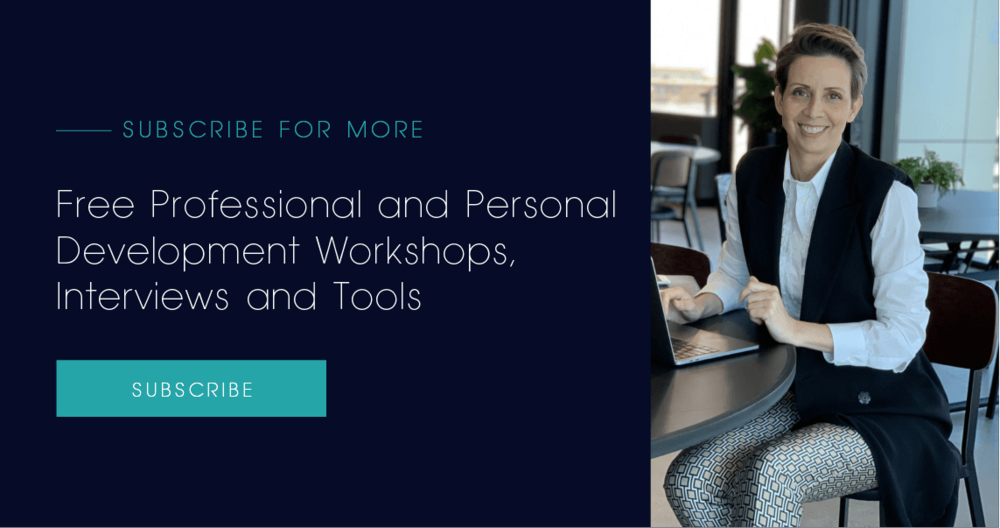Perfectionism vs. Influence
Many of us like to think we’re spontaneous and dangerous, but most of us prefer to control what’s coming next.
Driving our need for control, whether we like to admit it to ourselves or not, is fear. Fear of failure or of success, of not being good enough. Fear of being taken advantage of or of being rejected or not living up to our own, or another’s, expectations.
Dr Michael Gervais, high performance psychologist to Olympians, military personnel and corporate leaders, calls our greatest fear – FOPO.
Like YOLO – You Only Have One Life, or FOMO – Fear Of Missing Out, Dr Gervais cleverly captures our greatest modern day fear as FOPO – Fear of Other People’s Opinions.
Being so worried about what others think of us that we focus more on trying to get things ‘right’ than doing great things.
Whatever fear is a fit, we usually react to our fear by going in harder and analysing deeper (fight), or sticking our head in the sand and ignoring and avoiding the source (flight).
In either survival mode, our ability to influence is diminished.
Perfectionism isn’t a standard to aspire to.
In fact, it’s more a non-standard.
Contrary to what our minds would have us believe, influence is not the ability to control everything and everyone around us. Rather, influence comes from the simple, difficult, but infinitely powerful, quality of being present.
Think about someone you’ve been in a conversation with who has been totally and completely present with you. A rare human being who is not distracted by their phone or email, their eyes are not darting around the room looking for something more interesting, or glazed over thinking about what they need to do next.
They’re just simply there, listening, being with you, and in their presence you feel heard, gotten, acknowledged. You walk away thinking how amazing they are and what an interesting person they must be, even though they hardly said a thing.
Presence is so compelling to us at an innate level that our natural instinct is to gravitate to this kind of energy. We’re inspired to follow someone we can feel is present, take their advice, do what they do.
Compare that to an experience with someone who you know is not listening, who might say the right things but they’re not really there. There’s no hurry to rush back, no strong desire to be around them.
When we are fully present with someone, we feel the power in it, how the other person leans in with us, there’s an intangible but undeniable energy of creating together in the moment. It’s the sweet spot of true connection and unlimited co-creation.
When we are in our head, worrying about getting things right, doing multiple things at once, trying to make everything perfect, we miss the opportunity to understand where someone is really at. We miss the nuances of language and the subtleties in what someone is sharing and how they’re sharing it. As our mind wanders, we are instantly disconnected from our ability to influence their thoughts and actions, their approach and results. The best option we have when we’re mentally checked out is to force, push, drive and try to control. Exhausting and uninspiring for everyone.
It’s ironic that we try to get things right to achieve the best, yet perfectionism denies our ability to achieve any standard at all. Rather, perfectionism is more a non-standard, setting the bar so high that we can’t possibly achieve it.
Perfectionism is actually the opposite of setting a clear and measurable outcome. As a continually recovering perfectionist I learned long ago that when we’re striving for perfect we’re actively not committing to anything.
Being present is a skill and a moment by moment choice to silence the internal chatter, take a pause moment and choose our focus, purpose, approach and response. It allows us access to our peripheral vision, enabling us to tune into a bigger picture, sense the lay of the land and pick up on how people are performing beyond the numbers.
When we’re courageous enough to let go our incessant control for things to be exactly how we think they should be and instead be present to what is, we tap into the power of influence we’ve been reaching for all along.



